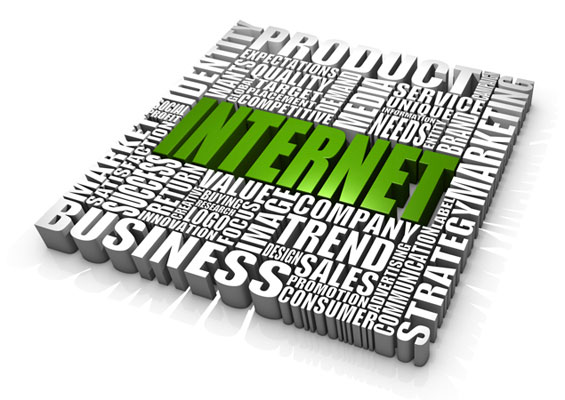Cameroon’s Online Presence Starts Showcasing despite Nigeria’s Big Shadow Cast on Its Neighbors
 It’s undeniable that Nigeria is a big powerhouse in the West African economy, and like any giant it indeed does cast a big shadow over its neighboring countries. But Cameroon is trying hard to move out of Nigeria’s shadow: for long Cameroon’s online activities flies under the radar because of Nigeria’s more pronounced online presence. Nonetheless Cameroon coming of age, and it’s bustling with a lot of online activities and more efforts are being applied to showcase local Cameroonian contents online especially through blogging.
It’s undeniable that Nigeria is a big powerhouse in the West African economy, and like any giant it indeed does cast a big shadow over its neighboring countries. But Cameroon is trying hard to move out of Nigeria’s shadow: for long Cameroon’s online activities flies under the radar because of Nigeria’s more pronounced online presence. Nonetheless Cameroon coming of age, and it’s bustling with a lot of online activities and more efforts are being applied to showcase local Cameroonian contents online especially through blogging.
Cameroon has an internet access of about 10% compared to Nigeria’s 35%, it’s easy to see why Nigeria overshadows Cameroon. Compared to other Nigeria’s neighbors like DR Congo, Gabon, Equatorial Guinea and Congo Brazzaville, Cameroon has quite impressive internet penetration. However the international community is still largely unaware of this, mainly because Cameroonians predominant use French to communicate and bloggers mainly writing in French. This restricts Cameroon local content from reaching the vast international community who mainly use English.
To help Cameroon pull up its socks in terms of having more internet presence one organization first established a report on exactly just how many Cameroonians use the internet resources like social media. The Friedrich Ebert Foundation’s Central Africa Office stationed in Yaoundé set out to establish a research report on exactly how many Cameroonians use social media. The research kicked-off by reviewing the number of blogs, Facebook communities, LinkedIn groups and Twitter users in Douala and Yaoundé. After this they interviewed several key online players and came up with a way to boost Cameroonians online presence, effectively moving Cameroon out of Nigeria’s big shadow.
The research report has been summarized into a 39-slide presentation available on Google Drive for public viewing. The following is a summary of this 39-slide presentation:
- Facebook: It is the most popular social media with some groups like Culture et tradition Bamelike having more than 27,900 members. Though determining just exactly how many of the member live within Cameroon would be difficult. Another group, Facebook Cameroun has more than 23,500 groups.
- LinkedIn: Surprisingly the research report showed about 24% of Cameroonian with internet access has LinkedIn accounts, compared to Nigeria’s only 3%, this data certainly raises eye brawls. But this data translate to about 1% of the total Cameroonian population.
- Twitter: A lot of twitter activities were recorded mainly in Yaoundé and Doula but is fast growing. A research dubbed “How Africa Tweets” conducted by Portland Communications by the end of 2013 ranked Doula among the top 10 African cities in terms of tweets volume. Some of the most popular Cameroonian twitter accounts are Afrikeo News with 7,400 followers, President Biya’s PR with 6,900 followers and 237online.com with about 48,000 followers.
- Blogging: This is far less common but the quality of blogging is aided by the “Collectif des Blogueurs Camerounais”. Where we find about 30 active blog sites discussing events in Cameroon. However, researchers can’t still determine the amount of collaboration between the bloggers themselves.
A summary of the survey taking into account 36 Cameroonian social media users revealed that about half of the users are in the age bracket of 34 to 50 years old. Half of whom used social media on a daily basis and 1/3 of whom updated their status daily. Facebook definitely is the most popular social media with Twitter and Blogs pronouncedly lagging behind. Professionals use social media for their work and for getting news updates but entertainment is not so much consumed via social media.
The biggest challenges to use of social media and generally internet use are attributed to censorship, poor legislation, lack of ICT and supporting infrastructure. But on the plus side, mobile money, crowd-sourcing and petitions are fast being adopted and are promoting the use of social media. The biggest challenge is set for the business community to give bloggers financial incentives to become more pronounced.




